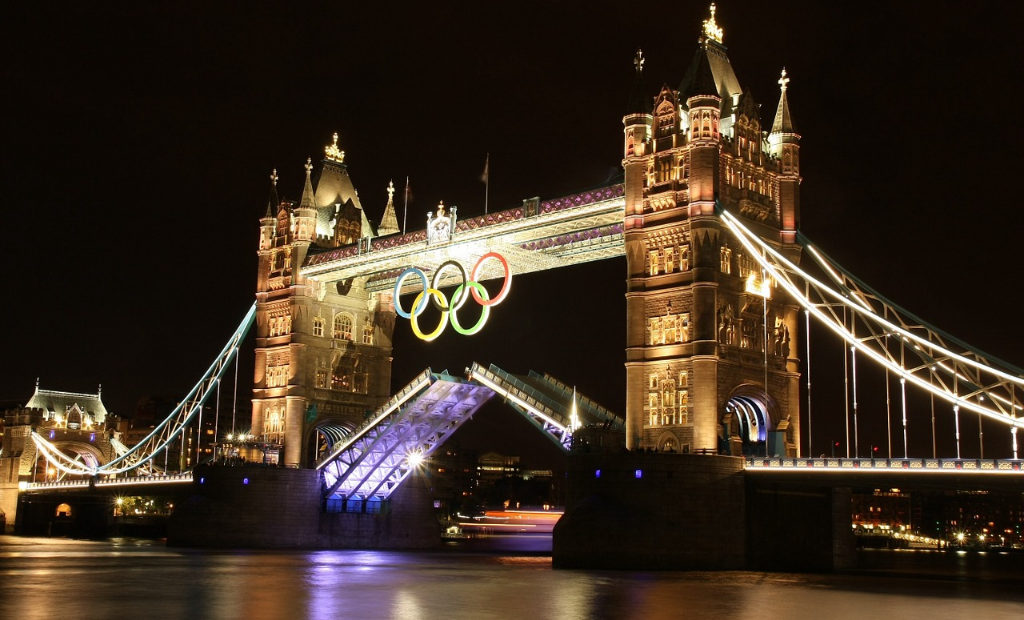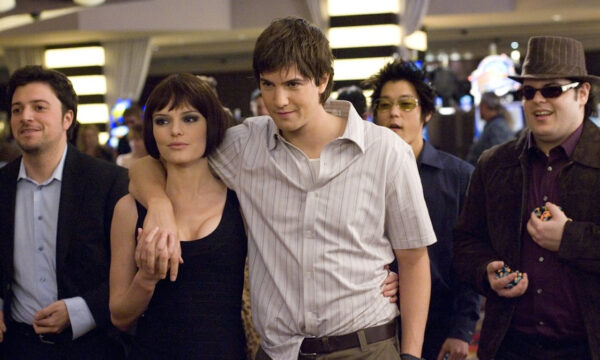The Londoners’ Olympics: second-class citizens or gracious hosts?

At a time of recession, the Olympics are providing huge amounts of temporary work, and are ostensibly rejuvenating some of the roughest areas of London. There is an air of expectation in the capital – everywhere you go there are people with purple t-shirts and Olympics passes around their necks and tube signs are plastered in new stickers advertising where monuments can be found. For many of us this summer is the only time we are likely to see the Olympics held in England. The general consensus of non-Londoners seems to be that we should be embracing the Olympics and the fervour surrounding them – the games last for just a fortnight and it’s a colossal honour to be the hosts.
However, as the opening ceremony draws closer, media coverage on the event has become more and more negative. Recent coverage has included the failure of security firm G4S to meet their security contract, London-wide travel chaos and multiple proposed strikes by London workers unhappy about the conditions in which they will have to work during the games.
Only this Wednesday morning did special Olympic lanes open throughout the Capital, causing traffic to come to a standstill in the blistering weather, and creating ten mile tale-backs in some areas. One of the new Olympic lanes – designed for competitors and organisers – in central London has been designed to run alongside a bus lane, leaving motorists absolutely no way of avoiding fines while driving down that particular road.
The London Underground looks set to become congested, overcrowded and overheated during the games. A so-called ‘rehearsal’ of what rush hour during the Olympics might look like was held successfully on Tuesday, as long as nobody counts the breakdown of a tube at the enormously busy Kings Cross Station, which prevented commuters from entering the station for 15 minutes to ease congestion.
Whilst a fifteen minute delay is not of course the end of the world, it could have a serious impact on people working in and around the city itself. The Daily Telegraph has reported that workers will be advised to stay off work altogether, or work from home where possible, in an effort to alleviate the strain on public transport during rush hour.
The other cuts that businesses and their employees have to make seem equally disproportionate. The road restrictions in place at the moment have caused some businesses to open at midnight to receive deliveries – all well and good until councils such as Wandsworth start imposing noise restrictions, with prosecution a possibility for non-compliance.
Let’s not forget public service employees during the Olympics, who feel that their working conditions are likely to be unbearable. At the very last minute, strikes have in fact been called off by airport, border control, train and bus workers who initially felt that ‘austerity measures’ put in place by the government did not allow for any recognition of their increased workload.
These issues may seem fairly minor, set against the backdrop of a historic sporting event that so many people – Londoners and non-Londoners alike – have worked hard to make happen. Unfortunately, the reality of the balloting system means that Londoners who are having their busy lives overturned during some of the hottest weather of the year will even miss out on going to see any events.
Unlike those who live and work elsewhere in England, most of us don’t have the option of avoiding the games. As a result, perhaps people would have welcomed a system where those with a London postcode were given early-bird access to a limited number of tickets, or where tickets were slightly discounted for those living in the capital. Perhaps some sort of travelling incentive – a marginal price reduction for those with registered London Oyster Cards for the fortnight, or dispensation to drive in the Olympics lanes for those who have jobs in the centre of town.
Of course Londoners are proud that the Olympics are held here, but that doesn’t mean we all have a vested interest in taking part. Not everybody wants to volunteer or even go and see the games, and plenty of people – particularly at a time of economic struggle – will find themselves struggling for the duration of the Olympic and Paralympic games. More thought should have been given to ways of making the Olympics a joyful time not only for those who will be travelling here to partake in them, but for the rest of us who are already here.
Abbie Cavendish
























Facebook
Twitter
Instagram
YouTube
RSS